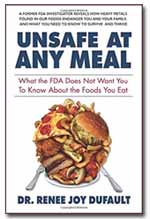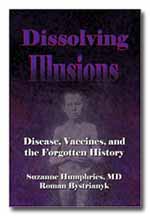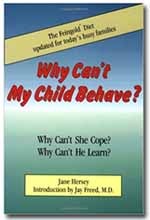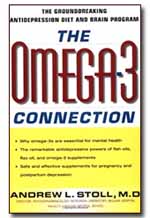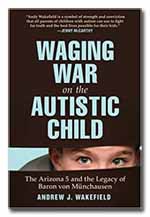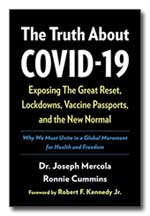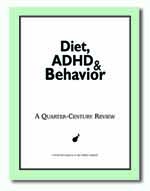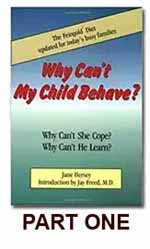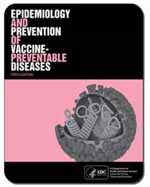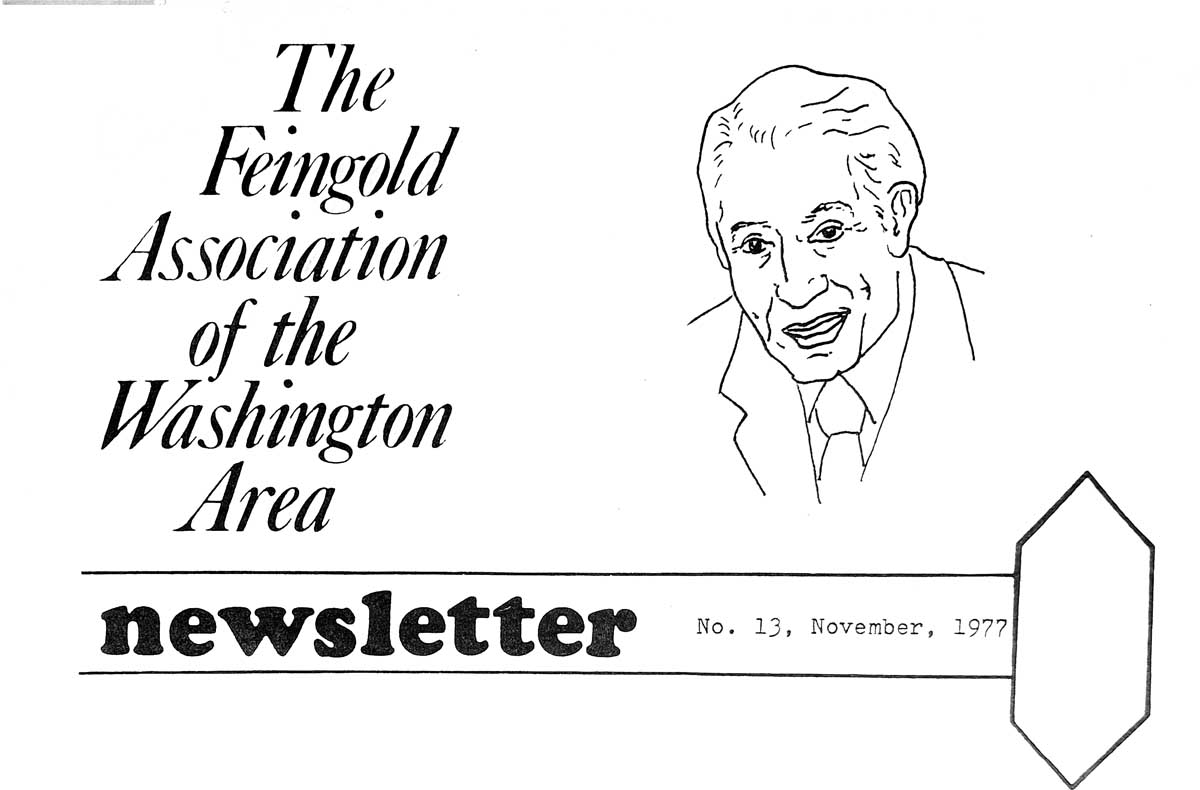
Dr. Feingold’s Visit
Dr. Feingold addressed a standing-room-only audience of FAWA members on October 8th. Here are some of the highlights from his talk.
We are no longer in the position of having to “prove” the validity of our knowledge.
The empirical evidence is overwhelming, as is the accumulated experience of so many thousands of families across the country.
There is very little in medical treatment which can be said to be strictly “scientific.” Most diseases are not really understood. Medicine remains an art, not a science.
New ideas generally receive a cool reception from the medical community.
The hyperactive child frequently exhibits three sets of problems: behavioral, motor control, perceptual and cognitive (ability to absorb, comprehend, and integrate information).
Improvement in behavior is usually the first sign of
ressponse to the diet. Fine motor control and learning ability generally take longer to show improvement.The amount of time required varies with the individual and with the age (young children tend to respond faster).
A child does not outgrow hyperactivity; it merely takes a different form. To assume the problem will solve itself is very dangerous.
In a sense, the severely hyperactive child is the fortunate one. His family won’t feel a change in eating habits is “too much trouble.”
The younger who causes less trouble isn’t as likely to receive help, and the problems will
smoulder .Every
hild is entirely individual — we must be careful not to generalize. A person can e sensitive to absolutelyany compound in existence.There is research pointing to a correlation between teenage delinquency and hyperactivity.
The KP Diet appears to be helping children with
siezures , epilepsy, and La Tourette Syndrome.When a child is on medication for
siezures , removing the medicine without consulting a physician is not advised. Dr. Feingold suggests the child go on the diet, and then see if medicine can be gradually withdrawn. (Be sure medicine does not contain artificial colors or flavors.)It is suspected that eating chemically-laden foods can, over a period of a dozen or so years, cause irreversible damage to the nervous system of sensitive people.
People now eating synthetic chemicals are prime candidates for cancer in the years to come.
Food allergy is generally manifest in respiratory difficulty and/or skin disorder.
Skin tests to determine food allergies have been abandoned by most doctors.
Bladder control frequently improves after a child goes on this diet.
Gas stations are not good places for hyperactive children — petroleum fumes can be very potent. The same is true for perfumes and other strong-smelling substances.
Pure food cannot be legislated. It will become a reality when we stop buying
the adulterated products. Consumer power, along with organizations such as ours,are what will make the difference.Parents working together are bringing changes in cities throughout the country. The same thing can happen in the Washington area if enough people contribute their effort.
Dr. Feingold cautioned parents to be wary of the variety of programs available to assist hyperactive children, and suggested that in some cases, the proponents of these programs could be financially motivated.
He specifically addressed himself to mega-vitamin therapy and behavior modification programs. Mega-vitamin therapy, he feels, might be a valid instrument in the future, but not enough is known about it to be helpful to us now.
Behavior modification, in a small number of children and in the hands of a competent practitioner could be helpful.
PS: Yes, Dr. and Mrs. Feingold are on the diet. Neither is hyperactive, but “When you’re 77 years old, you have o be careful.” While traveling, they carry fruit and cheese with them for those times they cannot readily find pure food.


